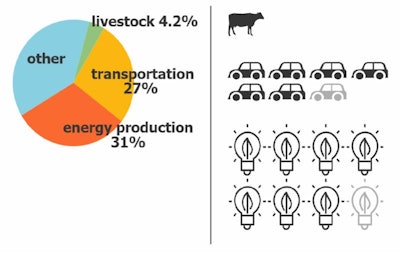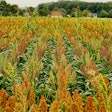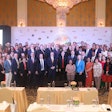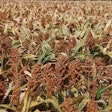
Most Americans engaging online about climate change are mired in the debate as to whether it exists. However, the focus of the conversation will shift dramatically in the next two years, according to new research from The Center for Food Integrity (CFI). In addition, there is no evidence consumers associate or link the consumption of animal protein to climate change.
Currently, 52.2 million people are engaged in the climate change conversation, with less than half of those focused on causes and solutions. However, CFI’s digital ethnography report, which uses a research tool that analyzes millions of conversations online in real time, shows that while the climate change debate is only expected to grow 3.6 percent in the next two years, the conversation on causes is expected to grow 260 percent and solutions 202 percent. The heated dialogue is now focused on “what’s next.”
“The findings aren’t surprising, given the rapidly growing interest in sustainability,” said Terry Fleck, CFI executive director. “Those interested in causes and solutions want to bring about change by taking action on a personal level and being the change. They also fear making uninformed choices, want to protect the American way of life, and look to science and innovation to provide solutions.”
While consumers are not talking about a link between consumption of animal protein and climate change, they are talking about the link between greenhouse gas emissions from livestock production and climate change, according to the research. The level of online conversation about this topic is just shy of 26 million, but expected to grow to nearly 210 percent in the next two years.
“While ‘local food’ is not associated with improving climate change, key topics associated with ‘local food’ and ‘improving climate change’ include beef industry topics like cattle farming, beef consumption, industrial agriculture, environmental footprint and water use,” said Fleck. “These topics are more related to causes than local food production to improving climate change.”
Engaging consumers on the topic of climate change presents a unique challenge given today’s political environment, said Fleck. However, the predicted conversation shift to causes and solutions, and focus on science and innovation, provides an opportunity for the food industry to communicate its successes and its commitment to addressing climate change via technology.
“These consumers are information seekers and advocates for the environment, and crave credible information from sources they can trust,” said Fleck. “Provide balanced information, share third-party studies and give them a forum to engage with you on the topic.”
Suggest ways that they can make a difference, too.
“They want to play a part in improving our planet and ‘be the change,’” he said. “We encourage the food industry to do its part to empower them.” Additional information on CFI’s digital ethnography research can be found at www.foodintegrity.org.

















